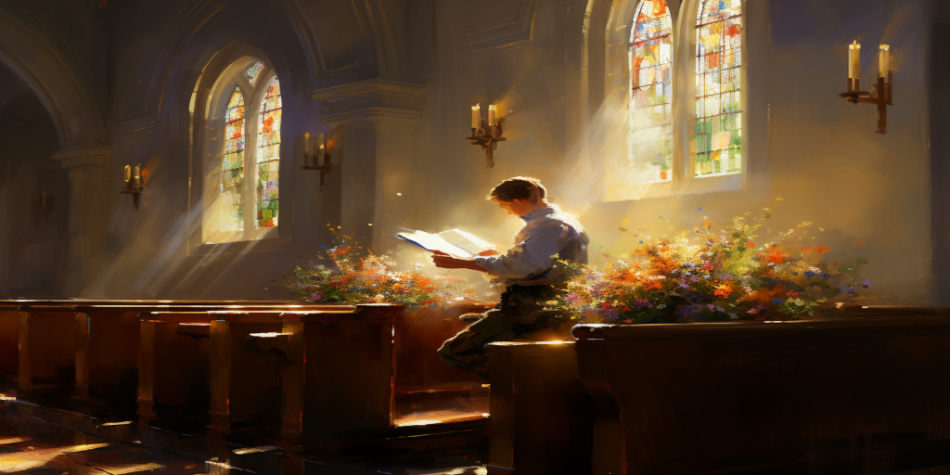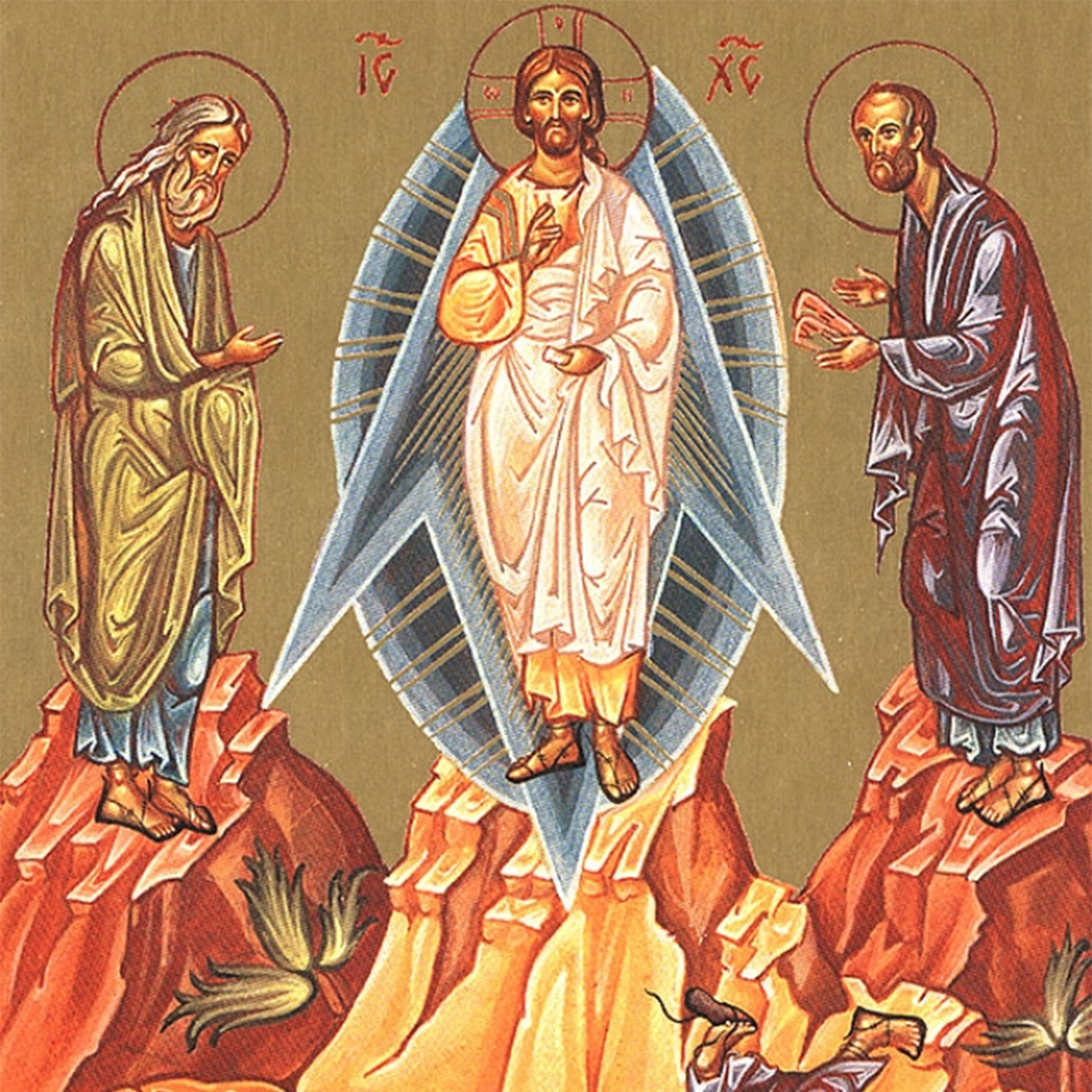When I returned to college as a mature student, I attended a small Catholic university close to home. I spent lots of time in biblical commentary while writing papers. One day while chatting with my professor, he asked if my study had been unsettling for me as a believer. He’d had students whose religious belief had been challenged by studying the bible academically, and he was curious about my experience. I replied in the negative but then panicked when he asked me to explain myself. I scrambled for an answer and said that my belief in an open canon is what kept my faith healthy.
I’ve thought back to that hurried response many times. My natural tendency is to second-guess things I’ve said, but this experience was different. I’d answered ineloquently and without elaboration, but I’d identified something with a specification that I didn’t fully appreciate at the time. Belonging to the living church of Jesus Christ, led by prophets, is what securely anchored my faith. This became more apparent to me as I later ventured into philosophical and theoretical studies of religion at a secular university.
It is easy to take for granted what is close at hand, and my most cherished academic experiences have involved new light being shone onto things that are familiar—and, in particular, onto the prophetic voice that has been present throughout my life. Sometimes that light has come through similarity, and other times through contrast. For one project, I applied Judith Butler’s theoretical framework to religion. While I immersed myself in a queer theorist’s writings, The Family: A Proclamation to the World stood out more profoundly as a guiding beacon. I better recognized the difference between competing worldviews and their resulting goals. This wasn’t a particularly easy exercise for me, but it was illuminating and worthwhile. I better understood the needed bulwark the prophets had provided—specifically for the perplexities of our day.
All craving for real relationship points to God.
He said, “Men who long for community long for God. All craving for real relationship points to God; and all craving for God points to real community.” Additionally, with his Jewish roots, he believed in a community of a holy people. “The original life of community … was not a union of separate individuals, but a whole that presented itself as binding together the manifoldness of individuals with strong and untouchable holy bonds.”
It is obvious why Buber’s observations about community resonated with me as a Latter-day Saint. Elder Gerrit W. Gong has taught:
Covenant belonging is to make and keep solemn promises to God and each other through sacred ordinances that invite the power of godliness to be manifest in our lives (D and C 84:20). When we covenant all we are, we can become more than we are. Covenant belonging gives us place, narrative, capacity to become. It produces faith unto life and salvation.
After studying Buber, I found added beauty and light in the profound teachings of Elder Gong. As I sat in church, I felt that I was seeing new things with my middle-aged eyes. There are ups and downs inherent to all human interactions, but the community we experience through covenant belonging is a miracle.
Buber also helped me to specifically locate my belief in an open canon as what kept my faith strong. Buber identifies God as the divine center of a community, but he also describes the need for a human living center (or ‘middle’ depending on the translation), and he uses examples of various leaders, including biblical prophets, to describe how a living center functions.
He says:
… the ‘living middle’… ties together all individual members of a community organically and vitally, [and] becomes visible. [The eternal Thou] now can be spoken to, and we can experience it speaking to us, not only as individuals: Rather, the entire community of faith experiences being spoken to, and the entire community responds.
Additionally, Buber describes that “when people really engage with each other, experience each other and respond to this experience with their own lives, when people have a ‘living middle’ [lebendige Mitte] at their center, then community can arise among them.” For Buber, the living center is vital for keeping communication with God and each other alive in the community. It is essential for the relationships within the community. He repeatedly warned against the ossification of religion, which occurs when there is no longer a living connection to God. A living church requires a living center.
In The Church of Jesus Christ of Latter-day Saints, the First Presidency and the Quorum of the Twelve function as a Buberian living center, and the vitality of the Church fundamentally rests on our trust in the connection between the Savior and His prophets. Consider how this trust affects the health of the dialogue that occurs in various settings among church members—as we minister to one another, discuss doctrine in our classes, or give talks in Sacrament meetings. We rely heavily on our shared understanding of the role of prophets, and their teachings, in our conversations. Prophets facilitate dialogue between members.
Trust those who have been called as prophets.
The community that we experience in the Church is a miracle, and it has divine origins. We belong to God and one another through covenant. We keep our faith strong and securely anchored when we trust those who have been called as prophets—those who are authorized to receive ongoing revelation for the Church and who effectively keep our canon open.
We belong to a living church, and our testimony of that anchors our faith in these troubling times.

















